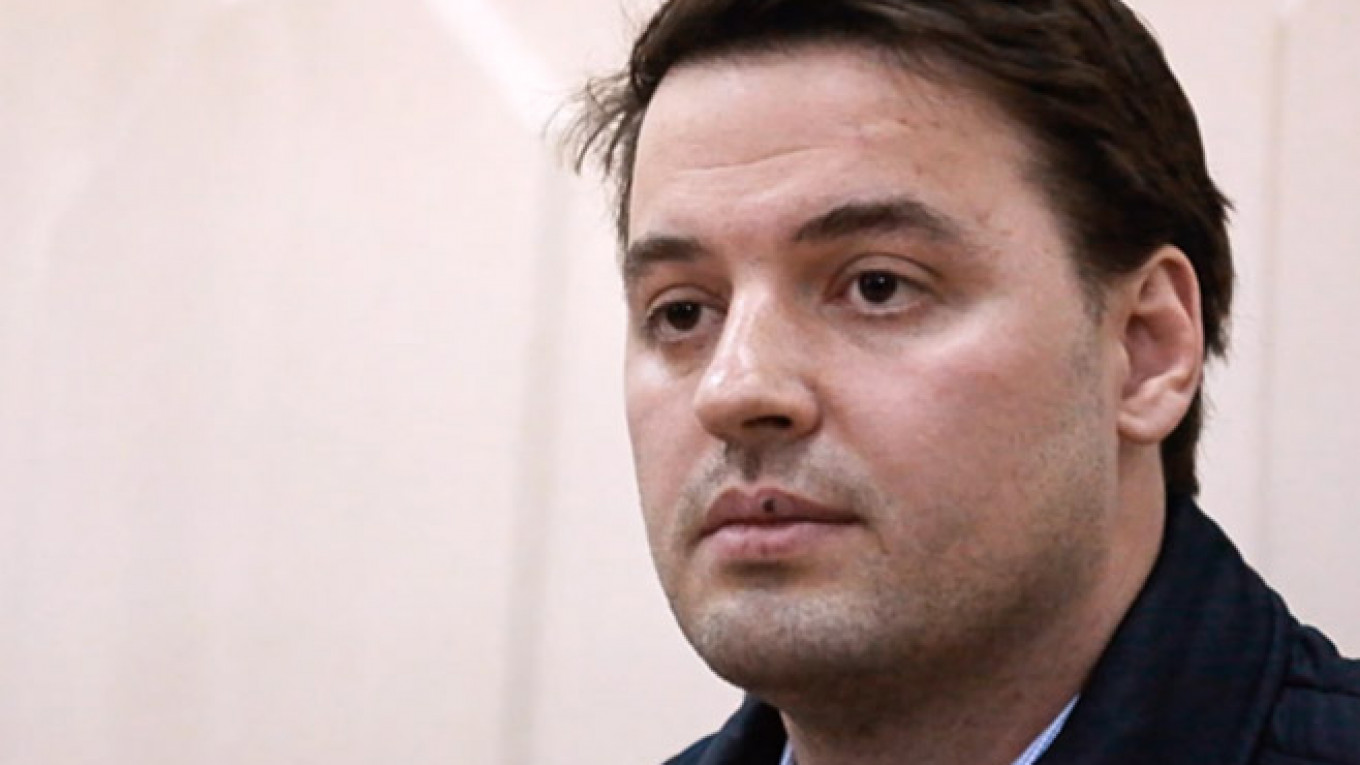Investigators have opened a probe into the bizarre death of the former deputy head of the Interior Ministry's anti-corruption department, who reportedly jumped out of a window during questioning on Monday.
"During the interrogation, the investigator and lawyer left the room, and at that moment my client dove out the window. He is dead," said Georgy Antonov, the lawyer of Boris Kolesnikov, Interfax reported.
The Investigative Committee posted a statement on its website with a different scenario, however, saying that Kolesnikov, who was being questioned over abuse of office accusations, had asked two guards to let him use the bathroom. He then knocked them over when they removed his handcuffs and jumped from the sixth floor balcony, the statement said.
Lyudmila Alexeyeva, head of the Moscow Helsinki Group and a veteran human rights campaigner, cast doubt on the official version of events, calling the situation "very strange."
"When he ran, knocked over the guards, he just knew that a window was open somewhere? It's very strange somehow. It's unclear whether he jumped himself or was thrown out," Alexeyev said in comments carried by Interfax.
Investigators have opened a probe into Kolesnikov's death, but Alexeyeva has suggested that a public monitoring committee conduct a separate investigation into the incident, Interfax reported.
Kolesnikov was arrested in February over accusations he had abused his position, the same charges that saw his boss, the head of the department, being personally dismissed by President Vladimir Putin.
Several other people were detained in the case, though no charges had been filed against Kolesnikov and the investigation was ongoing.
See also:
Prosecutors Call for Closure of Navalny Anti-Corruption Vkontakte Group
A Message from The Moscow Times:
Dear readers,
We are facing unprecedented challenges. Russia's Prosecutor General's Office has designated The Moscow Times as an "undesirable" organization, criminalizing our work and putting our staff at risk of prosecution. This follows our earlier unjust labeling as a "foreign agent."
These actions are direct attempts to silence independent journalism in Russia. The authorities claim our work "discredits the decisions of the Russian leadership." We see things differently: we strive to provide accurate, unbiased reporting on Russia.
We, the journalists of The Moscow Times, refuse to be silenced. But to continue our work, we need your help.
Your support, no matter how small, makes a world of difference. If you can, please support us monthly starting from just $2. It's quick to set up, and every contribution makes a significant impact.
By supporting The Moscow Times, you're defending open, independent journalism in the face of repression. Thank you for standing with us.
Remind me later.


